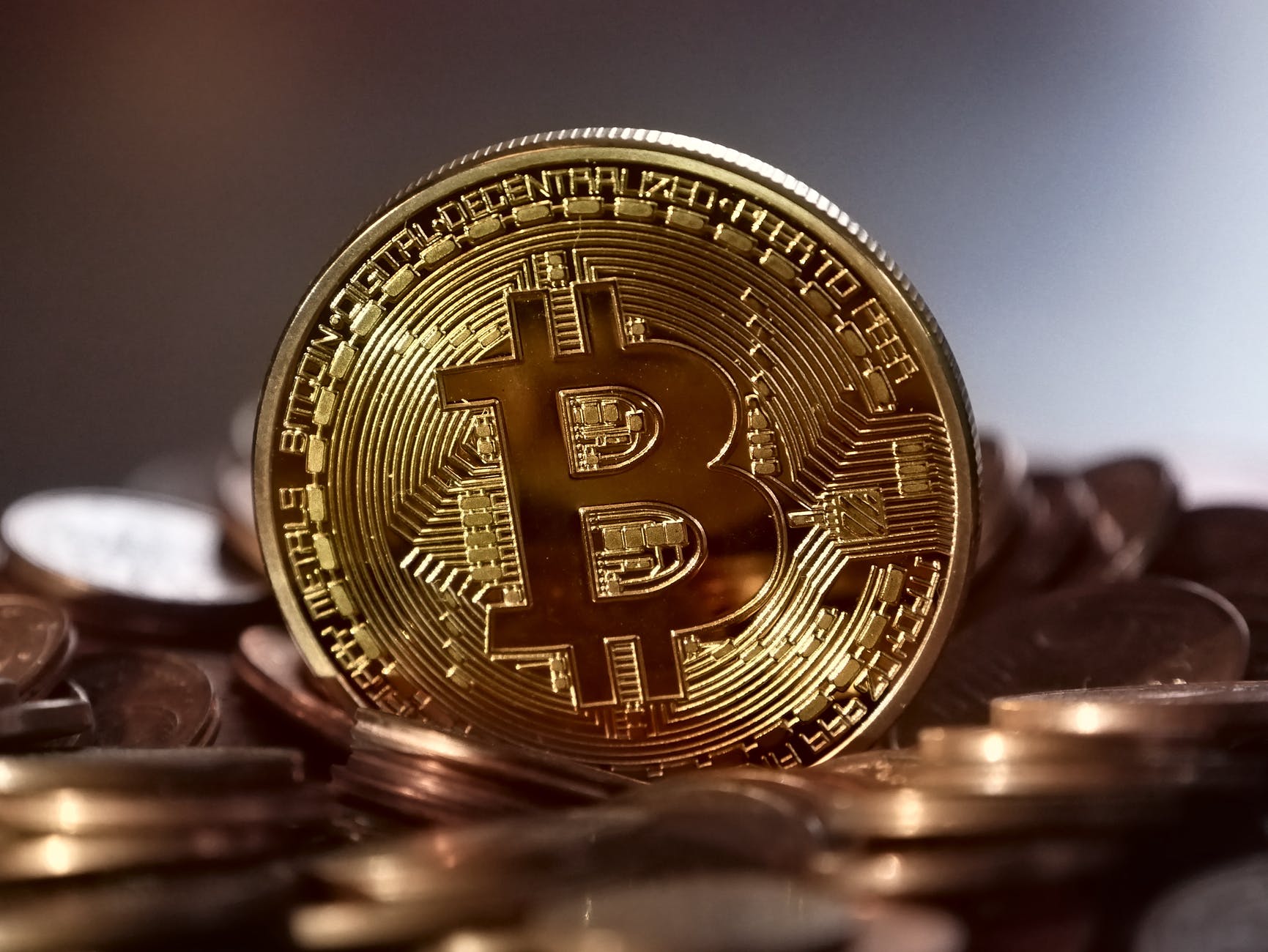Even though all major global economies have been devastated by the worldwide pandemic, cryptocurrency has continued to thrive such as BitQZ trading platform.
A rise in crypto startups occurred during this pandemic due to the increased demand for Bitcoin and other cryptocurrencies. Powered by Bitcoin's growth, cryptocurrency market capitalization recently reached $1 trillion. With Bitcoin accounting for approximately 69% of the total market value, the currency has been on a bull run for quite a while.
Bitcoin, the most widely used decentralized digital currency, is determined by several factors. Decentralized bitcoin means a government or organization rarely governs its price. By identifying and forecasting the factors that drive Bitcoin's ups and downs, we can predict better and understand cryptocurrency markets generally.

Bitcoins are added to the market as miners process block transactions and are added slowly over time as new blocks are processed. The number of bitcoins allowed to exist and their supply can also influence each other. After 21 million Bitcoins have been issued, no more can be created.
How Bitcoin's Price Surge is Causing an Explosion in the Crypto Market
In the last few months, Bitcoin has seen its value skyrocket, reaching highs of $5,000 per coin in October 2017, before dropping down to approximately $3,500 per coin as of this writing. It’s no secret that Bitcoin’s price explosion has attracted widespread media attention and stirred up controversy in the investment community.
One question that often arises when assessing Bitcoin’s price spike is why? Why would something that was worth less than $1 per coin just four years ago suddenly surge so significantly? Here are the top five reasons behind Bitcoin’s price explosion.
Below highlighted are certain following factors that influence the pricing of Bitcoins:
- Demand and Supply of Bitcoins
It's challenging to find an exchange that trades Bitcoins, and it isn't always possible to purchase Bitcoin since it is usually kept as savings. Using Bitcoin affects its price in part. In general, currency prices will rise when the currency is popular, while its value will fall when it is in low demand. As a result, bitcoin prices are rising.
- Regulations and Rules for Bitcoin
Because bitcoin and other cryptocurrencies have been gaining popularity rapidly, regulators are trying to decide how to categorize them. Commodity Futures Trading Commission's definition of Bitcoin says it is not a security. Cryptocurrencies lose value if a regulatory framework is too stringent or restrictive. On the other hand, they can stimulate rapid growth if they are supportive of the crypto industry.
- Institutes adopting the standard
Cryptocurrencies, and in particular Bitcoin, are considered safe-haven assets against volatility and inflation at present. As a result of the current economic and societal climate, people hold less cash and remain hedged against market fluctuations.
Public companies have recently begun converting their cash treasuries into cryptocurrencies. The American payments company Square purchased bitcoins worth $50 million. After this, Microstrategy, an American company with a public listing, converted $425 million worth of cash reserves into Bitcoin, considering it a more secure investment.
- The Bitcoin halving drives scarcity.
A limited supply of cryptocurrencies is nothing new in the market, and this includes Bitcoin, and Bitcoin's third halving will occur this year.Every four years, Bitcoin's value is halved in the Bitcoin network.
The process of mining bitcoin consists of verifying Bitcoin blocks, which are groups of bitcoin transactions.
Furthermore, the stock-to-flow ratio doubles, increasing its scarcity. Bitcoin's price is highly affected by halving. There are 21 million Bitcoins, so the market has a smaller circulation. Consequently, as the asset's value rises with more awareness, more people will want to purchase it, increasing the price.
- Hedging against inflation
Along with all this mainstream optimism, the carnage brought about by COVID-19 has led to substantial stimulus packages by governments worldwide and the printing of even more money by many central banks. Investments like bitcoin, a store of value in the face of this threat, are being considered. There will only ever be 21 million bitcoins unless the protocol changes, and currently, there are about 18.5 million in circulation.
Conclusion
Before investing in Bitcoin currency, you should consider the following factors and you must use Official Trading system. Here you will get customized and filtered information on trading. Unlike the other apps, here you will only get the information that is best required for making a smart investment decisions. You can also trade worry-free here. Among the other factors influencing Bitcoin's price are manipulations by significant players.









